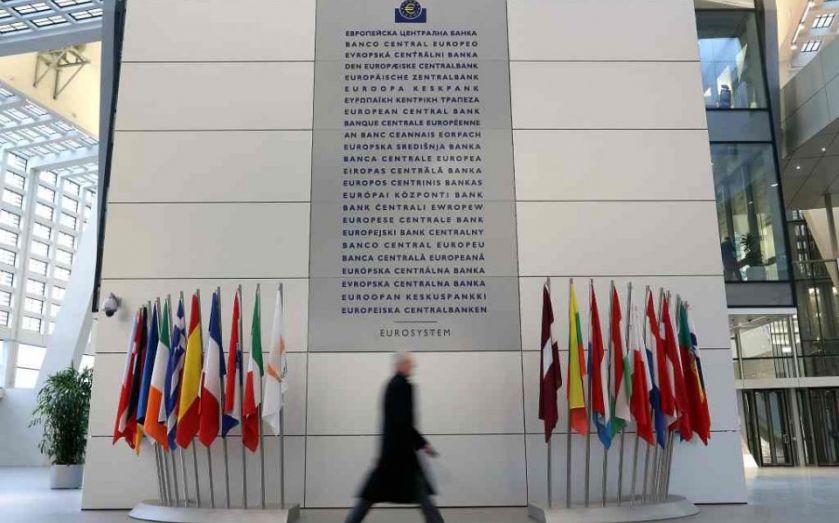Three key takeaways from the European Central Bank’s quantitative easing announcement

After months of speculation, European Central Bank president Mario Draghi finally pulled out the big guns today, announcing a €60bn (£45bn)-a-month government bond-buying scheme which will last until at least 2016.
Euro investors weren't impressed, driving the currency to an 11-year low against the dollar, but some analysts were encouraged. BNP Paribas' Ken Wattret, for instance, said his take was a positive one.
The aspects of the programme which arguably had less attention in the press conference than they deserved but which are clear positives are the scale and the method. On both, the announcement went beyond recent expectations and well beyond what most would have thought feasible not that long ago, when it looked as if opposition on the Governing Council would curtail the ECB's room for maneouvre.
1. It'll go on for as long as it's needed
The bank will keep buying €60bn a month until "at least" September 2016. If the programme stops then, it will have spent €1.2 trillion – but by keeping it open-ended, Draghi has made a commitment to keep going for as long as is needed. The idea is that it will continue until there is "a sustained adjustment in the path of inflation".
2. This time around, everyone's equal
A key phrase in the ECB's statement was pari passu, which essentially means if anything goes wrong, the ECB will be on equal terms with other creditors.
It's important because when the ECB previously dipped its toe into the monetary easing pool, buying sovereign debt during the height of the Eurozone crisis, it insisted that because this was monetary policy, should a restructuring take place, it should be ranked above other debt holders.
Later, when Greece restructured its debt, the ECB was one of the first to be repaid, while other bondholders were left out in the cold.
But this time the ECB promised: "Regarding creditor treatment, the Eurosystem accepts the same (pari passu) treatment as private investors." Good to know.
3. Governments will share losses – no matter what the Germans think
The Germans have been vocal in their opposition to quantitative easing, with the deputy chancellor saying shortly after Draghi's announcement that the ECB is "violating its mandate".
Many had expected the debt to be held by national central banks to protect European governments from being forced to share losses. But in the event, it looks as though they will have to, albeit in limited form.
There wasn't much detail about how loss-sharing will work, but the ECB did make it clear 20 per cent of additional purchases will face loss-sharing. The fact that it is so low is probably a sop to the Germans – but expect bitter complaints, nevertheless.